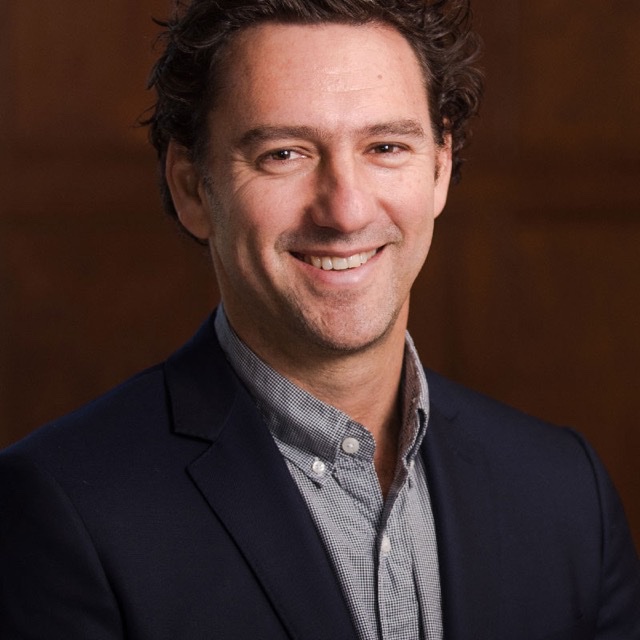What can we learn if we start to unpack the implications that Thurman, the philosophical and theological architect of pacifism and nonviolence for Black activists in the 20th century, was a consistent presence on this campus? How should we wrestle with the fact that Thurman was first invited to give a sermon by President McCracken in 1928 when the College was segregated, and that Thurman continued to return to give sermons, year after year, even as the College persisted in its racist admissions policies? Finally, surely there is much we can learn from Thurman’s further connection to Vassar through his daughter, Olive, who was part of that very first generation of openly Black graduates of Vassar.
...they were really asking broader questions about the nature of activism and how to make social change.
One final observation about what I saw emerge over the course of the semester was as the students began to wrestle with the complexities of Thurman’s place at Vassar, my sense was that they were really asking broader questions about the nature of activism and how to make social change. As scholars have pointed out, Thurman’s own activist impulses can be hard for us to decipher today. Thurman’s style of prophetic spirituality—rooted in his devotion to moral freedom and spiritual equality—has been caricatured as that of a detached and evasive mystic, as Walter Fluker writes. Better, as Lerone Bennett argued, to understand Thurman as “more than an activist, he was an activator of activists, a mover of movers.” So as these students began to sit more deeply with Thurman and the details of his engagement and attachment to Vassar, they seemed to become energized and galvanized by the power of his life and thought. Instead of a mystic mist, Thurman presented to the students a radical vista, which is this: To persist unapologetically with who one is, no matter how implacable the context, while still striving to forge bonds of fellowship: That’s Thurman’s decisive radicalism. We at Vassar are fortunate enough to consider Thurman’s legacy as potentially part of who we are, of who we at Vassar want to be. It is incumbent upon us as a community to take it seriously and honor it.
